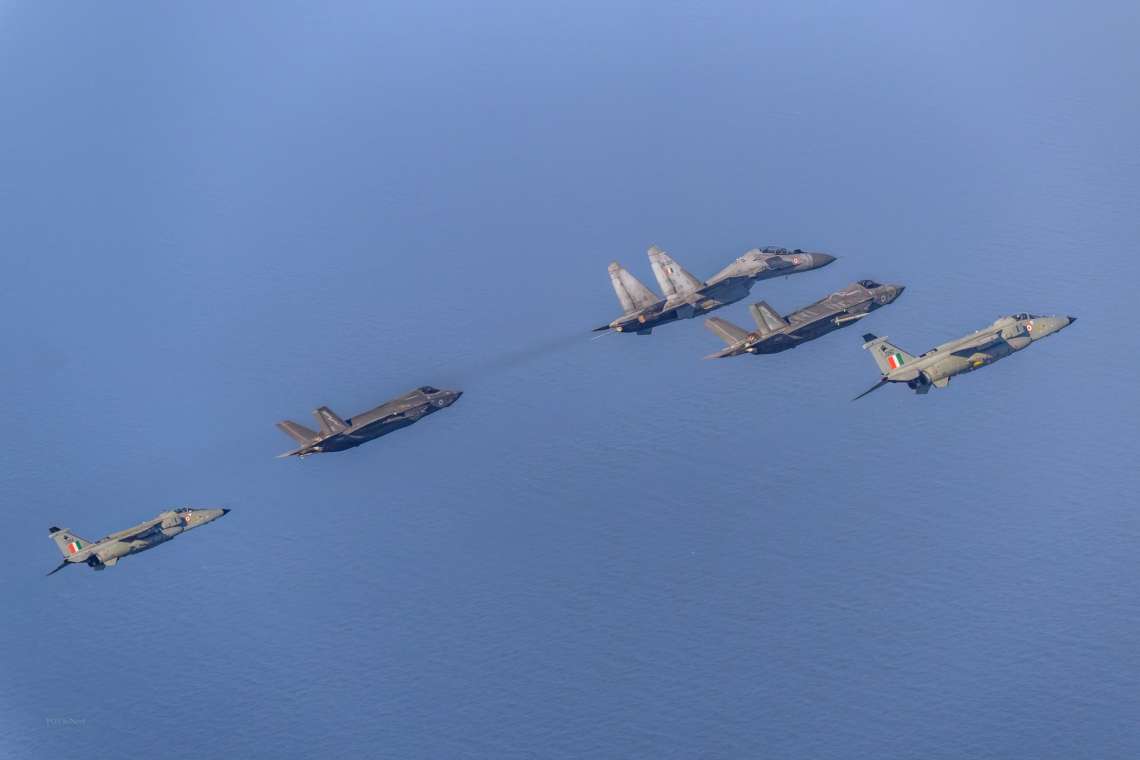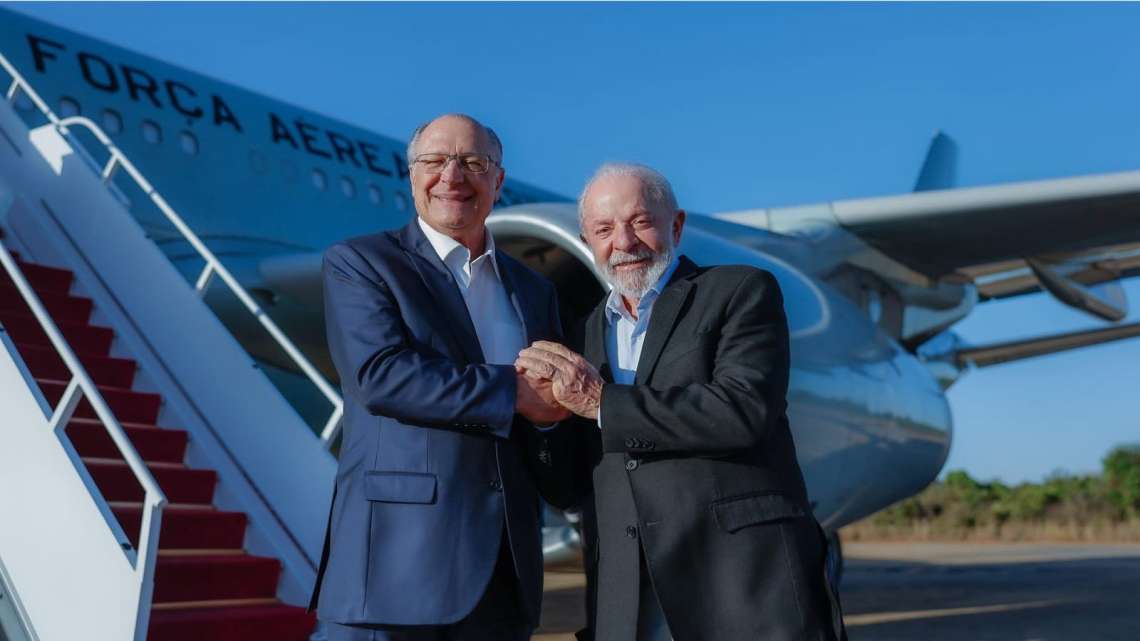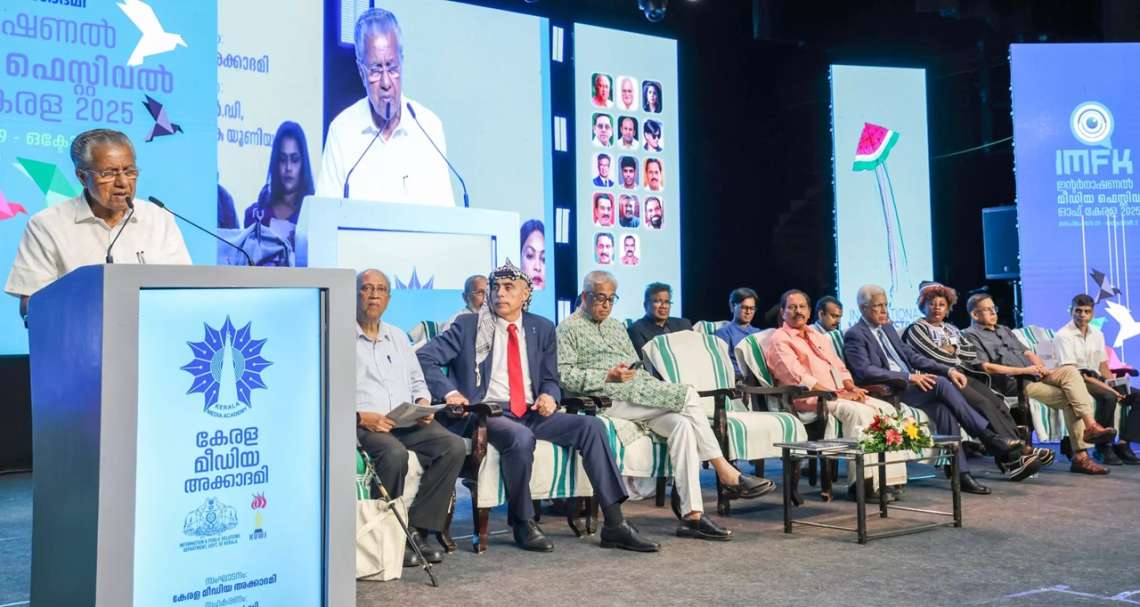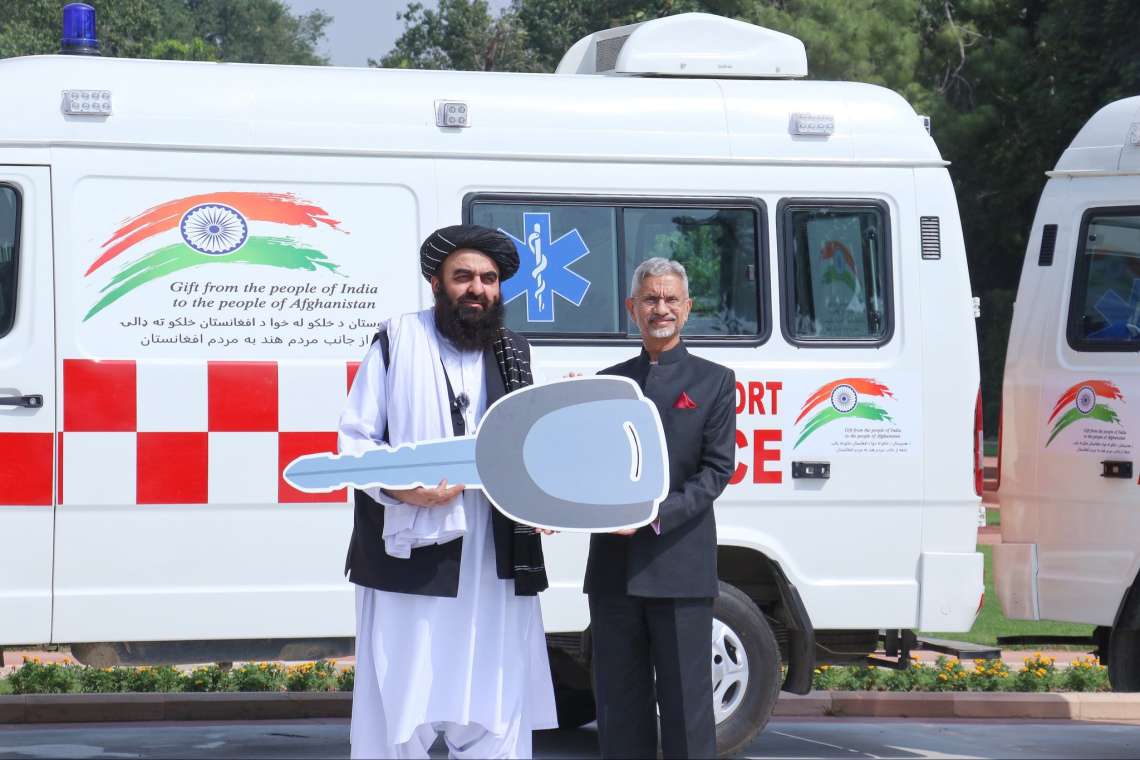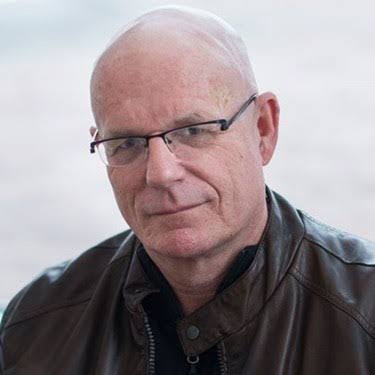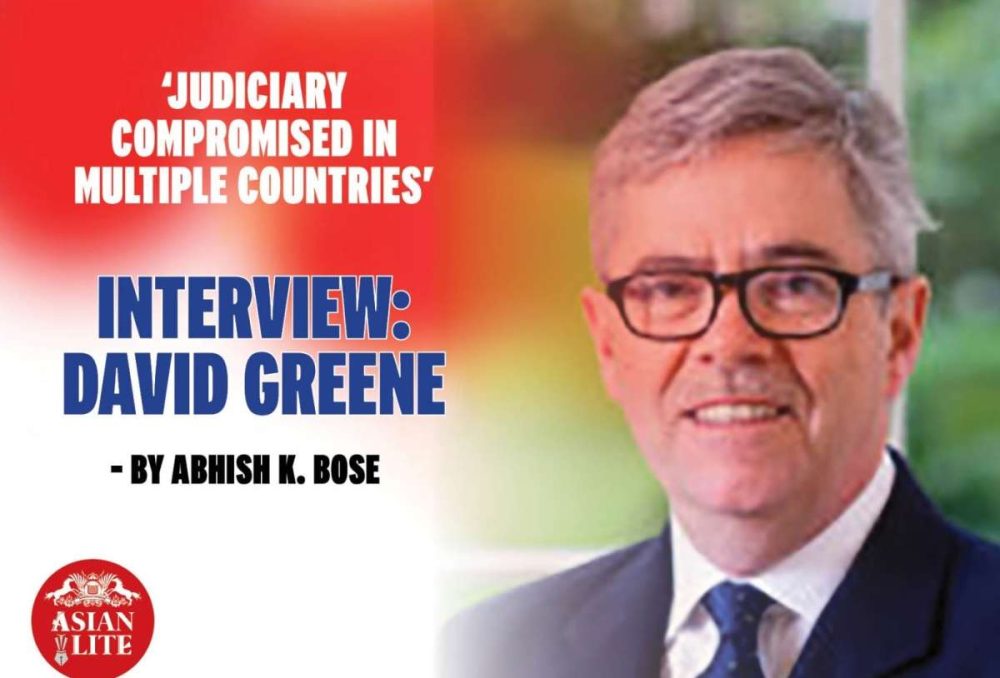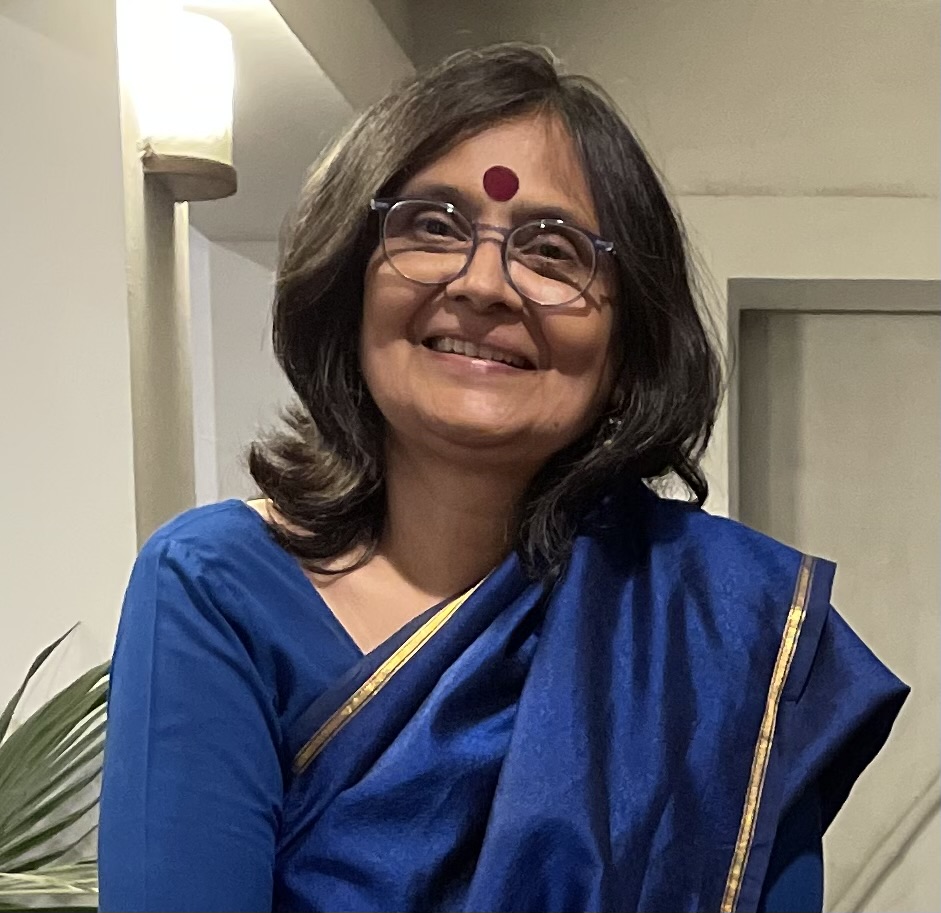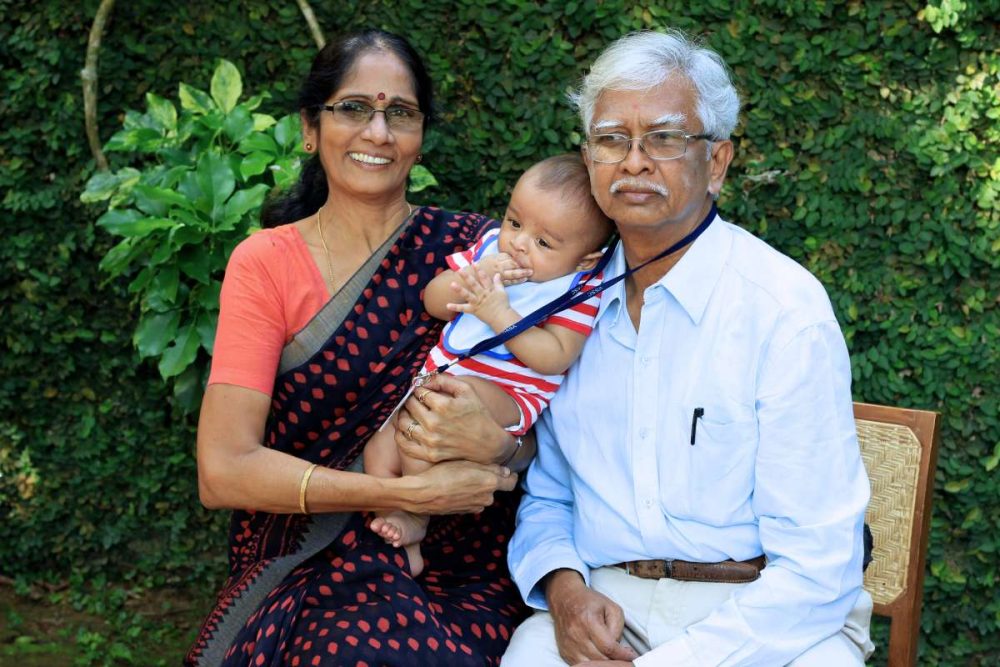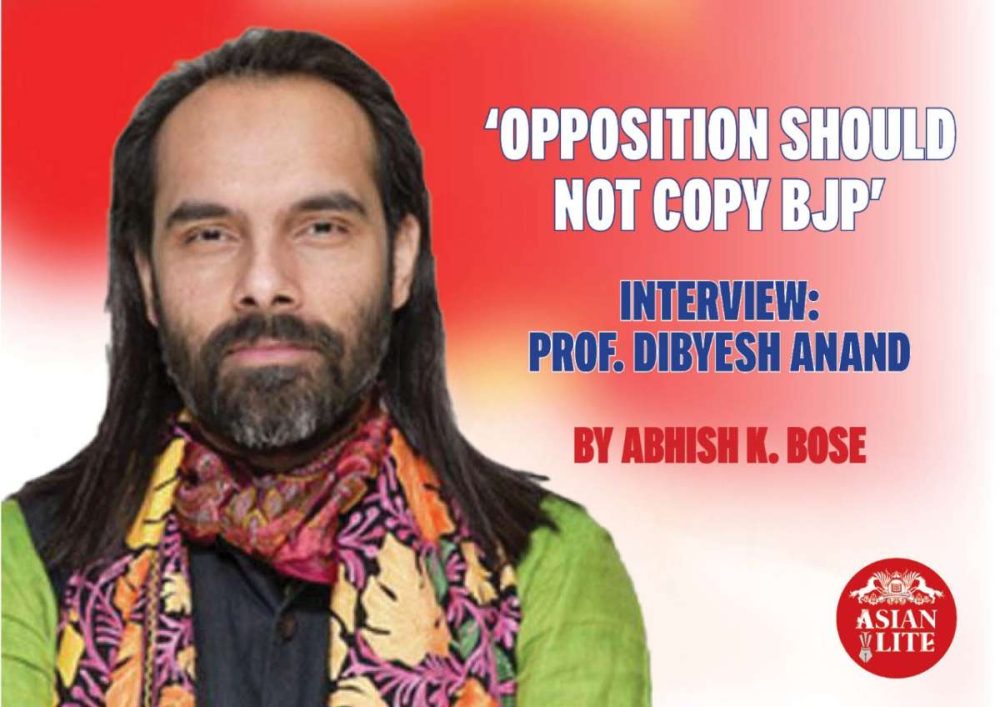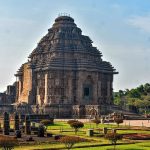“The courage to ask the right question is the first duty of a journalist.” — Karan Thapar
In an age where media often hesitates to confront power, Karan Thapar stands as a rare voice who believes that fearless questioning is the cornerstone of journalism. Known for his sharp interviews and uncompromising style, Thapar insists that holding leaders accountable is not just a profession, but a moral duty.
In a special Mugha Mugham session with Saraswati Nagarajan, Thapar reflected on the journey that shaped his career, the philosophy behind his tough interviews, and why courage in questioning matters more than ever.
Choosing the Path of Courage
Karan Thapar could have chosen any path — academia, banking, or corporate life. Yet, he chose journalism. “When I was at Oxford pursuing a PhD in international relations, I began writing for The Spectator. Travelling to Afghanistan and Pakistan ignited something in me,” he says. “The more I wrote, the less I wanted to return to academia. Journalism demanded courage — to question, to investigate, to confront.”
That decision set him on a path of relentless interrogation of truth, a craft that brought him face to face with politicians, leaders, and moments that tested the limits of journalism.
The Art of Asking Tough Questions
Thapar is no stranger to controversy. His interviews have led to walkouts — including a famous one by Narendra Modi — and sharp criticism. Yet, he defends his style. “Firmness is not arrogance. Persistence is not aggression. Courageous questioning is about insisting on truth, even when it is uncomfortable for both the interviewer and the interviewee,” he explains.
For Thapar, courage is in starting difficult conversations rather than avoiding them. “If you don’t begin with the hard question, it will hang like a sword over the interview. It’s better to address it straight away,” he says. This philosophy guided his interview with Modi — a moment he still stands by. “I do not regret it. I was doing my duty.”
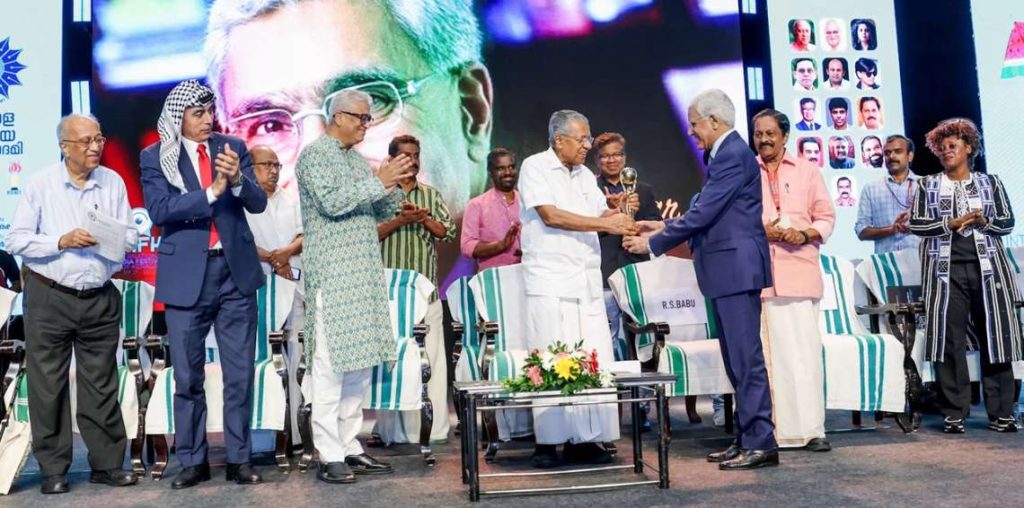
Accountability in Modern Journalism
When asked if the age of tough interviews is over, Thapar was firm. “The interrogative interview is essential. Politicians, industrialists, leaders must be held accountable. If a journalist fails to persist, it is a disservice to the audience. Asking the right question, and insisting on an answer, is our responsibility.”
For Thapar, courage isn’t limited to high-profile interviews. It is a value every journalist must uphold. “The courage to ask is more important than the comfort of the answer,” he insists.
Who Would He Question Next?
When Saraswati asked which leaders from history he would have liked to interview, Thapar’s answer was telling. “Sonia Gandhi, Margaret Thatcher, JFK, Nehru, Indira Gandhi, Mahatma Gandhi. Each would have presented a moment to ask difficult, necessary questions.”
And if Modi agreed to another interview? “My first question would be simple: ‘If you’re thirsty, drink your water now.’ Courage begins in clarity,” he says with a smile.
The Courage to Keep Asking
For Karan Thapar, journalism is defined by courage — the courage to challenge, the courage to question, and the courage to persist. His words stand as both a guide and a challenge to journalists today:
“The courage to ask the right question is the first duty of a journalist.”
As media evolves, that courage remains essential to keeping democracy alive.



